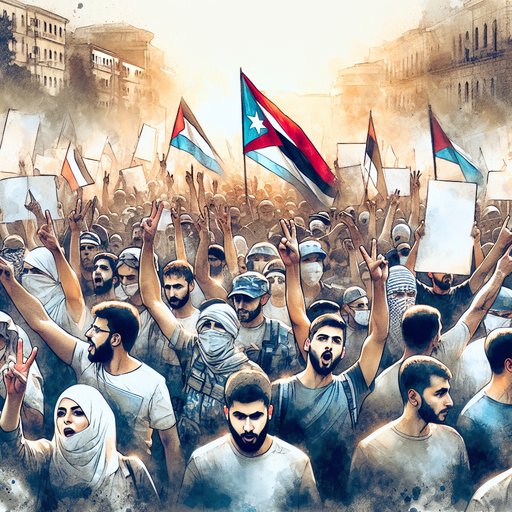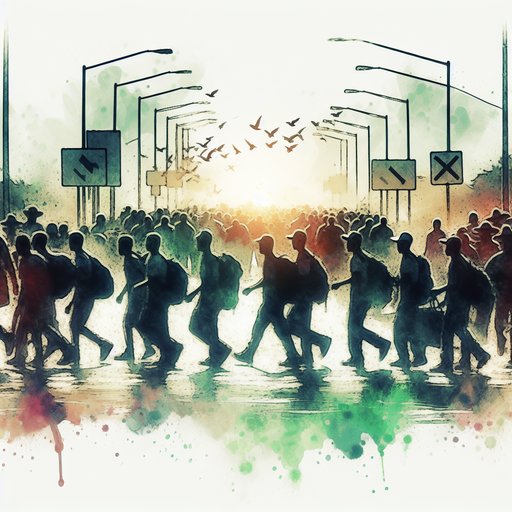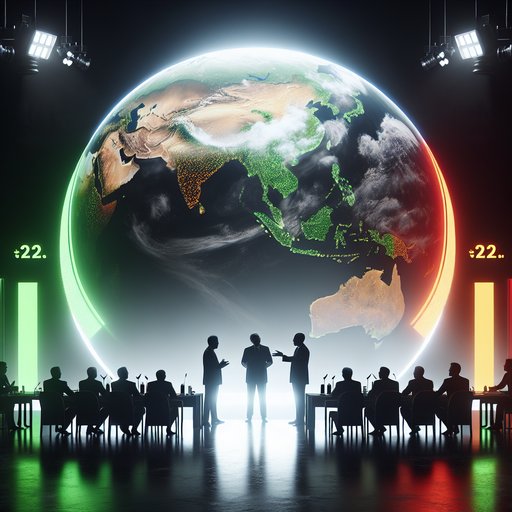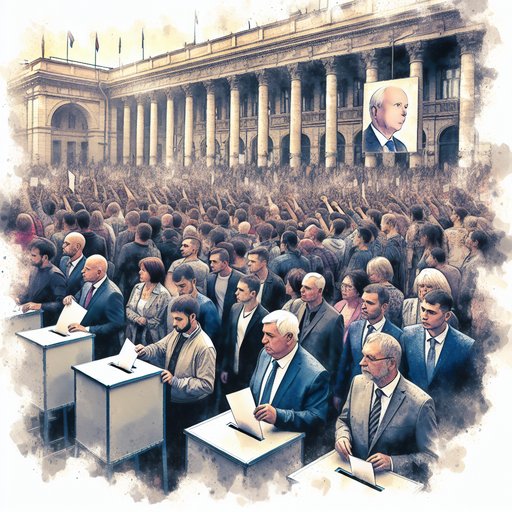
On July 23, 2025, the Turkish government reaffirmed its strong opposition to any separatist activity aimed at dividing Syria. In a clear and forceful statement, officials in Ankara warned that Turkey stands prepared to directly intervene should any faction attempt to fragment Syrian territory further. This announcement comes amid ongoing tensions in the region surrounding the issue of autonomy for various Syrian groups—a subject that remains highly contentious both domestically within Syria and internationally. Turkey framed its position as a defense of regional stability, signaling its intent to maintain the territorial unity of its southern neighbor even in the face of shifting dynamics on the ground [1].

This week, Kenya’s human rights movement found itself at the center of national attention after prominent activist Boniface Mwangi was charged with possession of ammunition, following government crackdowns on recent antigovernment protests. The legal development, unfolding just days after widespread demonstrations demanding democratic reforms, is seen by supporters and observers alike as a defining moment in the ongoing struggle for civil liberties and the right to protest in the country. The case has sparked both concern and cautious hope among rights advocates, who see Mwangi’s resilience as emblematic of Kenyans’ aspiration for a more just and open society [1].

Intense debates over migration and border policy have erupted this week as new U.S. measures, including increased fees for visitors and asylum seekers, go into effect. Widespread criticism has been voiced by advocates, legal experts, and volunteers following recent government actions aiming to reshape both the financial and enforcement landscape of immigration. At the same time, reports of abusive conditions in several Florida detention centers and an expanded immigration enforcement budget are fueling concern about the direction of U.S. border policy and its human impact. These rapid policy shifts come amid surging activism in immigration courts and mounting attention from communities across the country.

On July 22, 2025, international security alliances scrambled to address a dramatic escalation in drone technology and production capabilities supporting Russia’s war in Ukraine. Recent intelligence revealed Moscow could soon be capable of launching up to 2,000 Iranian-designed Shahed drones in a single night, marking a significant technological edge that threatens to overwhelm traditional defense systems. In response, NATO member states—especially Germany—are pivoting towards more cost-effective countermeasures to support Ukraine’s defense, underscoring a new era of rapid adaptation and alliance coordination amidst evolving threats on the European continent [1].

Global diplomacy witnessed notable movements on July 22, 2025, as states responded to ongoing sanctions regimes and negotiated new avenues for dialogue. With tensions fluctuating on the Korean peninsula and discussions of renewed sanctions elsewhere, world powers demonstrated both resolve and adaptability. In particular, South Korea's recent deliberation over allowing individual tours to North Korea signals a pragmatic yet optimistic shift in strategy, while broader conversations around sanctions—from Tehran to Moscow—underscore the complex and evolving interplay between diplomacy and economic pressure.

In the ever-evolving landscape of Spanish politics, Catalan separatists have emerged as pivotal players in the current governmental framework. Recent developments have seen these groups tightening their grip on Prime Minister Pedro Sánchez's coalition, a move that underscores the complexities of regional independence movements in Spain. This shift comes amid a backdrop of corruption scandals and political maneuvering, which have placed the separatists in a position of considerable influence within the national government [4].

In a significant stride towards tackling climate change, Malaysia's proposed National Climate Change Bill is set to introduce incentives for companies that successfully reduce their carbon emissions. This legislative move reflects a growing trend among nations to implement economic measures that encourage corporate responsibility in environmental stewardship. As countries worldwide grapple with the complex challenges of climate change, Malaysia's initiative could serve as a model for integrating economic and environmental policies.

In a significant development for Turkish politics, Istanbul Mayor Ekrem Imamoglu has been sentenced to a new jail term, intensifying the political climate in the country. This decision comes at a critical time as Turkey approaches upcoming elections, with Imamoglu being a prominent opposition figure and potential presidential candidate. The ruling has sparked widespread reactions both domestically and internationally, raising questions about the future of Turkey's political landscape.

In a rapidly shifting economic landscape, French Finance Minister Eric Lombard expressed optimism that France's 2026 budget plan will gain approval from lawmakers. This confidence comes at a time when EU-US trade relations face potential turbulence due to proposed tariffs by former President Trump. As negotiations continue, European leaders are working to mitigate the impact of these tariffs, aiming to secure a stable economic future.

This week, Indianapolis witnessed a significant protest as IndyGo's proposal to increase bus fares by 57% faced strong opposition from riders with disabilities and low incomes. The planned fare hike, set for a vote in August, has become a flashpoint for discussions on accessibility and affordability in public transportation, highlighting the challenges faced by vulnerable communities in the city.
























